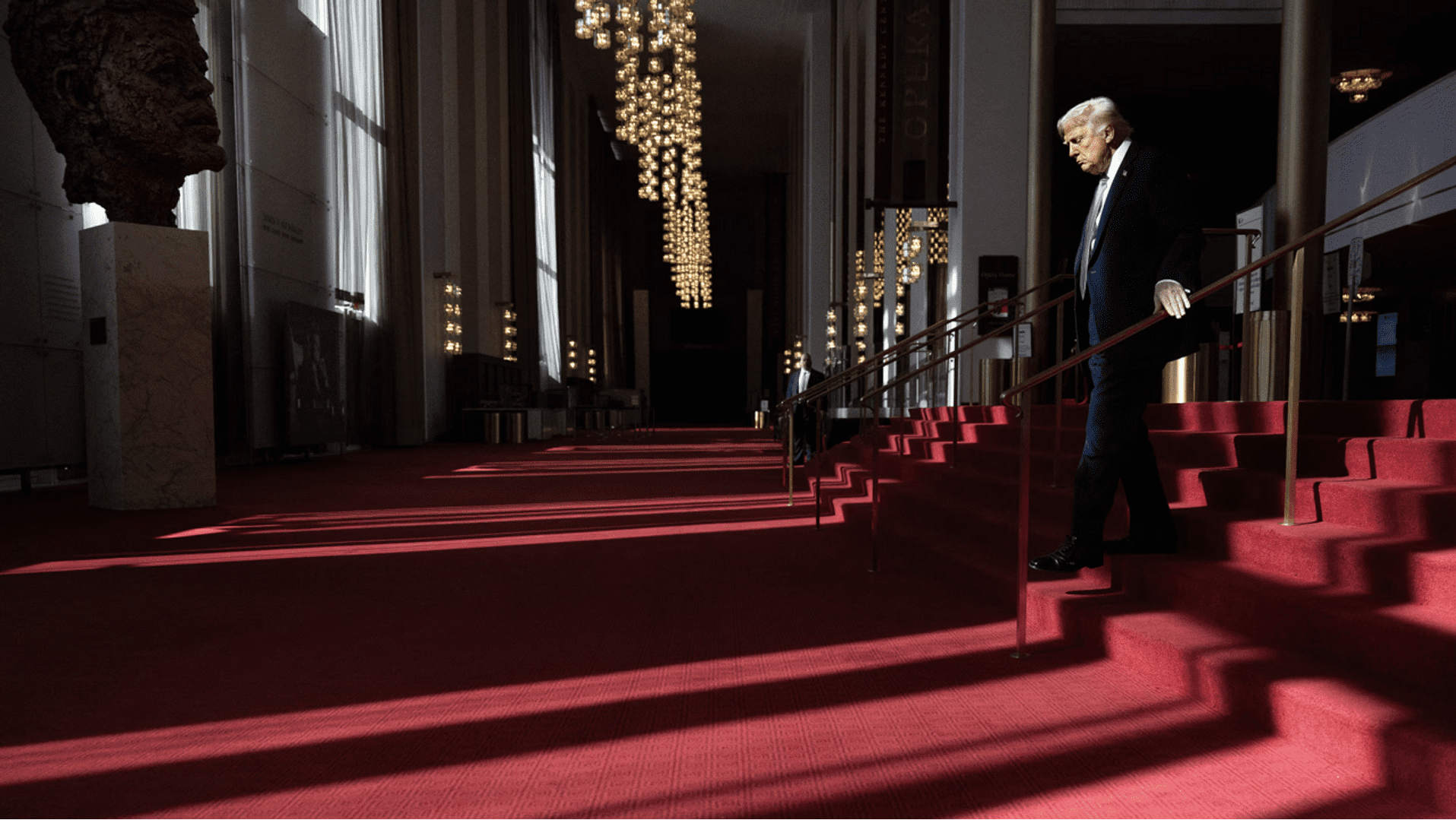This is the strategic long view.
While most perceive the presidency as a temporary office, Trump appears to view it as a foundation to be expanded. His ambitions extend beyond constitutional boundaries. Under his influence, Canada has developed into a dependent partner—not through military force, but through economic leverage, energy dominance, and trade authority. The United States-Mexico-Canada Agreement, redesigned during his administration, functions less as a balanced trade partnership and more as a declaration of American primacy in North America.
Greenland, once dismissed as a whimsical interest when he inquired about purchasing it, was never trivial to Trump. The resource-rich arctic territory, positioned strategically between continents, represents both a real estate opportunity and military advantage. His advisors recognized its value: Greenland stands as a geopolitical asset, a northern fortress for American influence. The interest persists. In his strategic vision, Greenland represents not an oddity but a conquest.
These are not the actions of a political novice.
This is empire-building.
He has taken a nation built on the idea of temporary stewardship and is recoding it into something older—something Roman. Where alliances are transactional, and government institutions bend, slowly but surely, toward personal permanence.
The tariffs, the nationalism, the cultural realignments, the expansion of "Pax Americana"—all point to a singular conclusion: he does not intend to leave. Not after one term. Not after two. Perhaps not ever.



